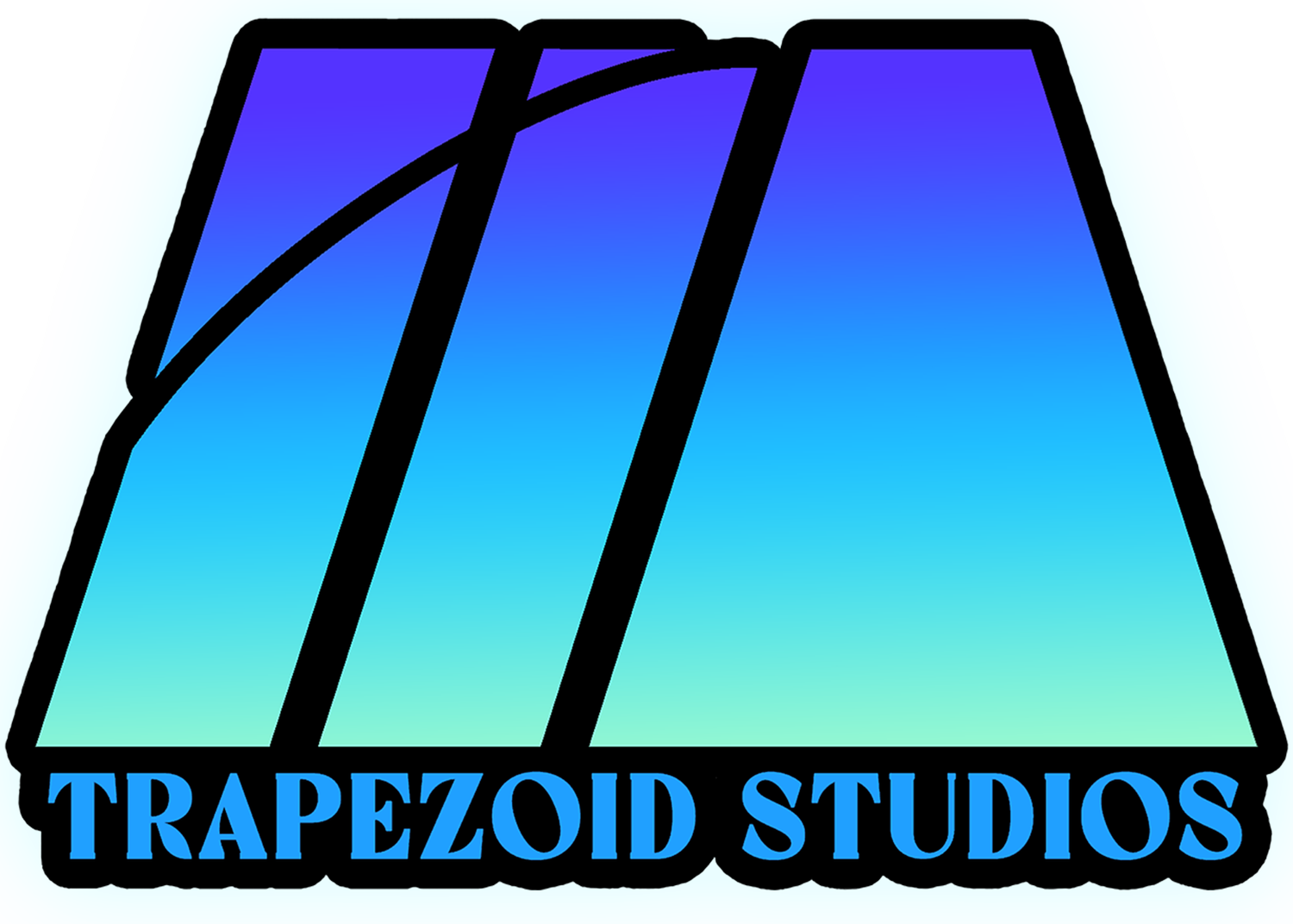The a.i. effect
AI ON set: The New director
Artificial intelligence (AI) is rapidly transforming various sectors, and the TV and film industry is no exception. The integration of AI into film production is reshaping the landscape, bringing both opportunities and challenges. From screenwriters to editors, different crew positions are experiencing the effects of AI, prompting a mix of excitement and concern within the industry.
One of the most discussed impacts of AI in the TV and film industry is on screenwriting. AI-powered tools can analyze vast amounts of data, generating scripts or providing suggestions for plot development, character arcs, and dialogue. While this can expedite the writing process, it raises concerns among screenwriters about job security and the potential loss of creative control. The Writers Guild of America (WGA) has been vocal about ensuring that AI-generated content is used to assist rather than replace human writers, advocating for regulations that protect writers' jobs and maintain the integrity of original storytelling.
Directors and producers are finding AI useful for pre-production tasks such as casting, budgeting, and scheduling. AI algorithms can predict audience preferences, helping producers make data-driven decisions about which projects to greenlight. However, this reliance on data can stifle creative risks and lead to homogenized content. The Directors Guild of America (DGA) has expressed concerns that the overuse of AI could limit the diversity of voices and stories in the industry.
AI is revolutionizing cinematography and visual effects (VFX). AI-driven cameras can optimize settings in real-time, while machine learning algorithms enhance post-production processes, from color grading to CGI. Cinematographers and VFX artists acknowledge the efficiency and precision AI brings but worry about the erosion of their artistic input. The International Cinematographers Guild (ICG) emphasizes the importance of preserving the human touch in visual storytelling, advocating for AI as a tool that augments rather than diminishes the role of skilled artists.
Editing, a labor-intensive part of filmmaking, is also being transformed by AI. Automated editing software can assemble rough cuts, sync audio, and even suggest edits based on genre conventions. While this speeds up the workflow, it poses a threat to traditional editing jobs. Post-production unions are pushing for guidelines that ensure human editors remain integral to the process, emphasizing the need for a human eye to maintain narrative coherence and emotional impact.
AI and deepfake technology are raising ethical and practical concerns for actors. AI can create digital replicas of performers, potentially allowing studios to use an actor's likeness without their involvement. This capability has significant implications for intellectual property and performers' rights. The Screen Actors Guild-American Federation of Television and Radio Artists (SAG-AFTRA) is actively working to establish protections against the unauthorized use of actors' images and voices, advocating for clear consent and compensation standards.
Unions across the TV and film industry are proactively addressing the challenges posed by AI. They are negotiating contracts that include provisions for AI usage, seeking to balance innovation with job security and creative integrity. For instance, recent negotiations by the WGA and SAG-AFTRA have included clauses that restrict the use of AI-generated content and ensure that human workers are not sidelined by technological advancements.
AI is undeniably transforming the TV and film industry, offering numerous benefits such as increased efficiency, enhanced creativity, and data-driven decision-making. However, these advancements come with significant concerns, particularly regarding job security, creative control, and ethical implications. As AI continues to evolve, it is crucial for industry stakeholders to establishing guidelines that protect the interests of all crew positions while embracing the potential of AI to enhance the art of filmmaking. By doing so, the industry can navigate the challenges and opportunities of AI, ensuring a future where technology and human creativity can coexist.
